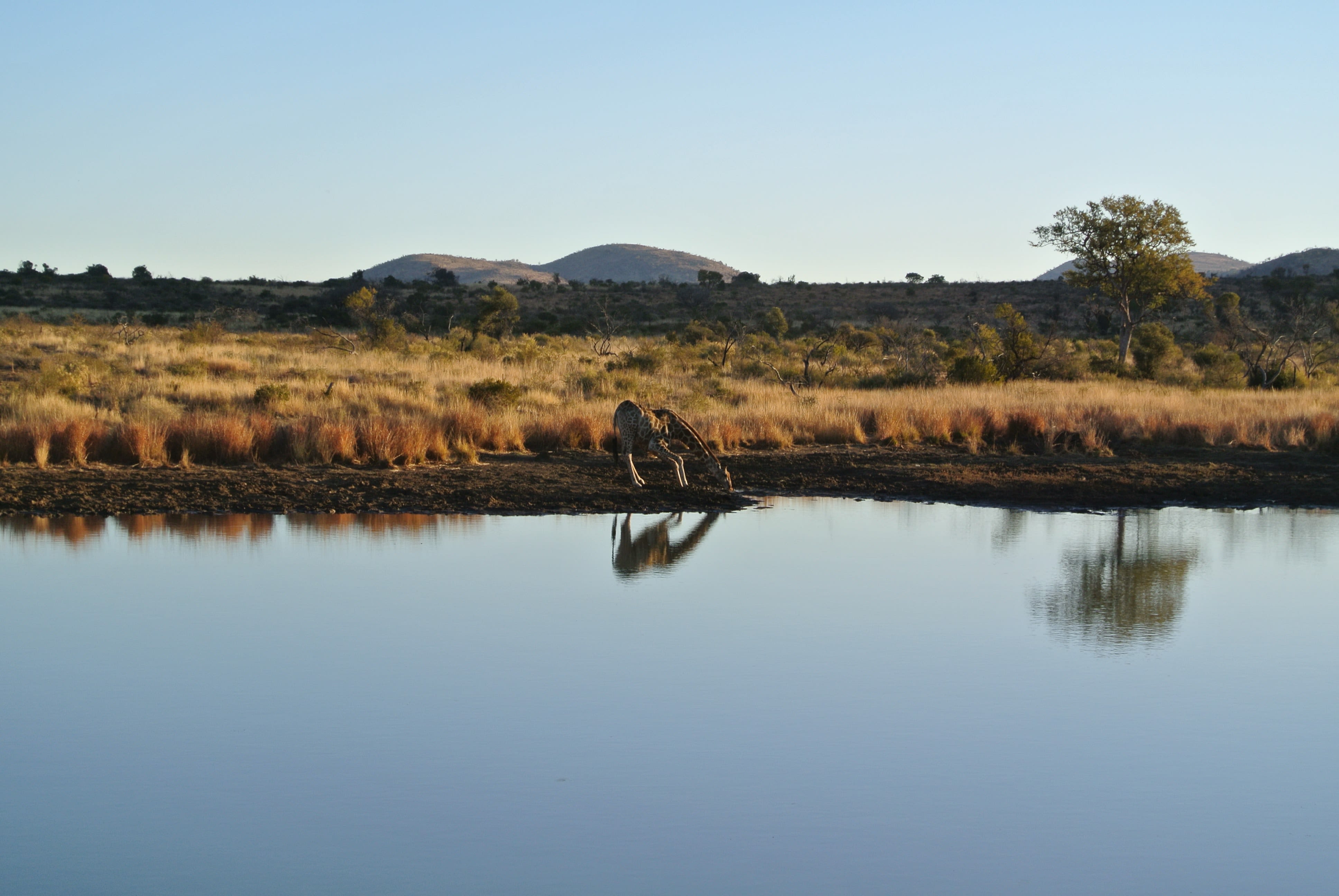Supporting sustainable approaches to water management
Research led by the University of Aberdeen has provided vital evidence towards using groundwater resources efficiently and sustainably.

Groundwater is found under land surfaces, creating what are known as aquifers in the pores and cracks of rocks, sediments and soils. Groundwater makes up 99% of liquid fresh water on our planet, sustaining people, lakes, rivers and other ecological systems. Worldwide, groundwater is a crucial resource, providing drinking water for more than half the world’s population, and is estimated to sustain nearly half of irrigated agriculture.
These freshwater aquifers are therefore vitally important to the health of the planet, but they are being placed under increasing amounts of pressure as the global population continues to grow and as climate changes. Today, nearly 2 billion people around the world do not have reliable access to water that is safe for human consumption. By 2030, forecasts point towards a 40% deficit in groundwater reserves.
Sustainable management of the groundwater aquifers is clearly essential. However, comparatively to surface water systems, too little has been done to explore the impact of human activities and climate change on these vital resources and, because of this, understanding about how best to manage these resources in this rapidly changing context was limited. Dr Jean-Christophe Comte, Senior Lecturer in the School of Geosciences and hydrogeologist specialising in sustainable development and management of groundwater resources, was determined to make this change.


Building evidence of groundwater use in Sub-Saharan Africa
Groundwater resources management is normally the responsibility of both governmental and intergovernmental agencies, such as Ministries of Water or Natural Resources. However, in Sub-Saharan Africa, efforts to register private and community boreholes have largely failed, due to poorly maintained government monitoring infrastructure and the lack of information and understanding on how groundwater resources are affected by different uses and environmental changes.
Dr Comte’s research has investigated what happens when additional demands are put on groundwater reserves. This research has demonstrated that, in Sub-Saharan Africa, increasing groundwater development so that more water can be extracted has led to a depletion of reserves and increased salinisation of freshwater aquifers in coastal areas, as higher levels of saltwater are pulled into groundwater reserves from the sea. The research has also shown that these human activities – the creation of more wells and boreholes – have a greater detrimental effect than climate change in highly populated areas.
Mapping East African groundwater

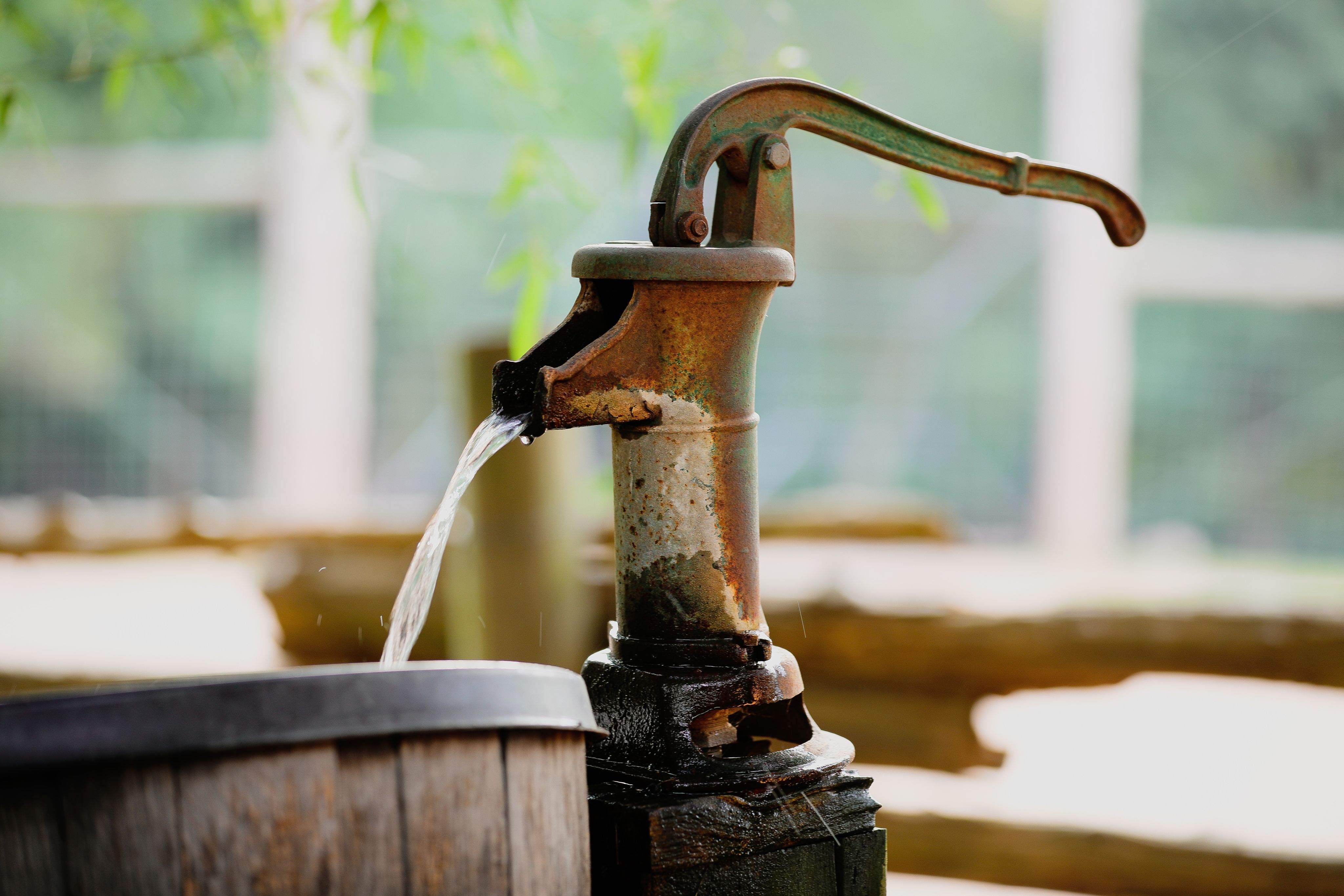
Despite efforts by the Water Resources Authority, the researchers also discovered a significant number of unregistered private boreholes in the region, the use of which was completed unregulated. The impact? A vast underestimation of the amount of groundwater being extracted from the aquifers. Not only that; in coastal areas, the team found that borehole construction and abstraction rates had not been adapted to the conditions, meaning that boreholes were at greater risk of saltwater intrusion.
These findings have changed the way that Kenyan authorities manage groundwater reserves. New national and regional policies focus on maintaining both the quality and the supply of fresh water, including protecting wetlands which Comte and his team discovered were crucial for ‘recharging’ the groundwater. New approaches include replacement field instruments, greater use of sensor and modelling technologies, closer scrutiny of monitoring data and redesigning plans for future developments, all efforts to reduce the risks of depletion and salinisation.
Understanding the Limpopo River Basin

In 2017, scientists in Botswana worked with Comte and his team to apply his findings to the Limpopo river basin (LRB), an arid, water-stressed basin with high susceptibility to floods and droughts. The project focused on developing preparedness and enhancing community resilience to flood and drought conditions, by building stronger links between scientists and water management officials in the region to build a wider and shared understanding of the different factors involved. The project has created new networks and strengthened communications between local, regional and national authorities. It has also built the foundations for a further research project, Connect 4 Water Resilience, exploring water, climate and resilience in four countries of the Limpopo river basin: Botswana, Mozambique, South Africa and Zimbabwe.
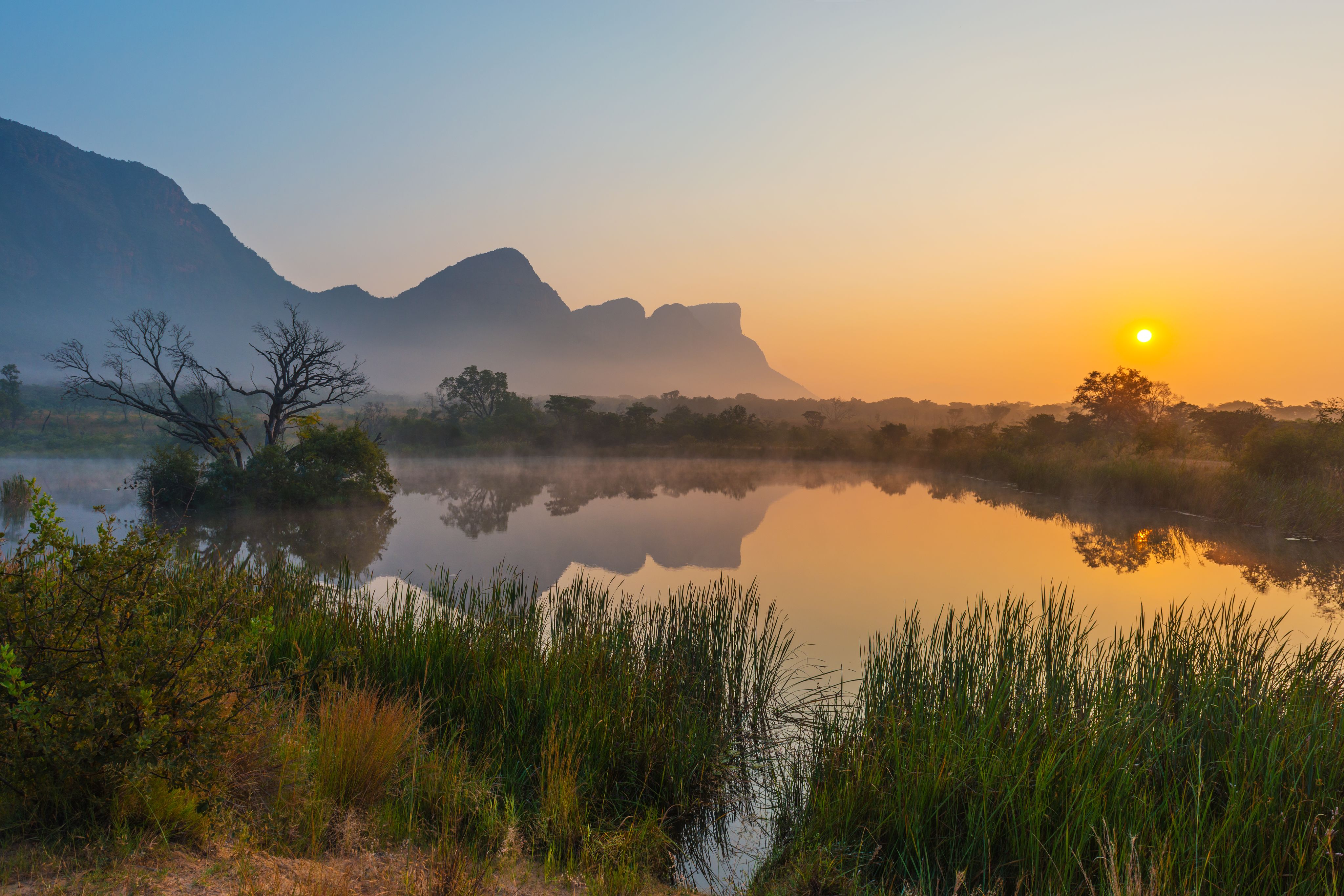
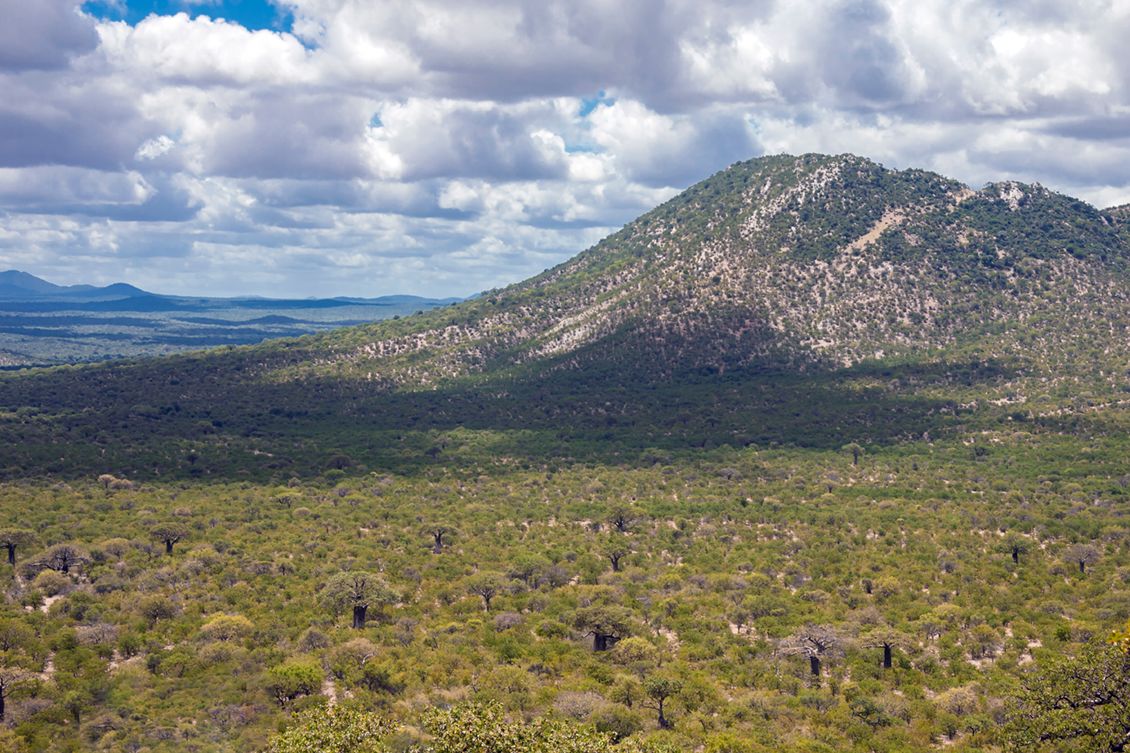
Supporting a ‘green’ water supply in the Comoros Islands
The Comoros is separated into three islands, with no land further than seven kilometres from the coast. Already vulnerable to cyclones, erosion, flash floods and drought, freshwater reserves are now being further impacted by longer term population growth and climate change.
Comte and collaborators’ research has been used to inform a major UN sponsored project to ensure freshwater supplies to the Comoros that are climate resistant. The Aberdeen research has been used to illustrate salinity levels in existing wells and identify potential new sites, taking geology and distance to the coast into account. Funded in 2018, the project is expected to directly benefit 450,000 people.
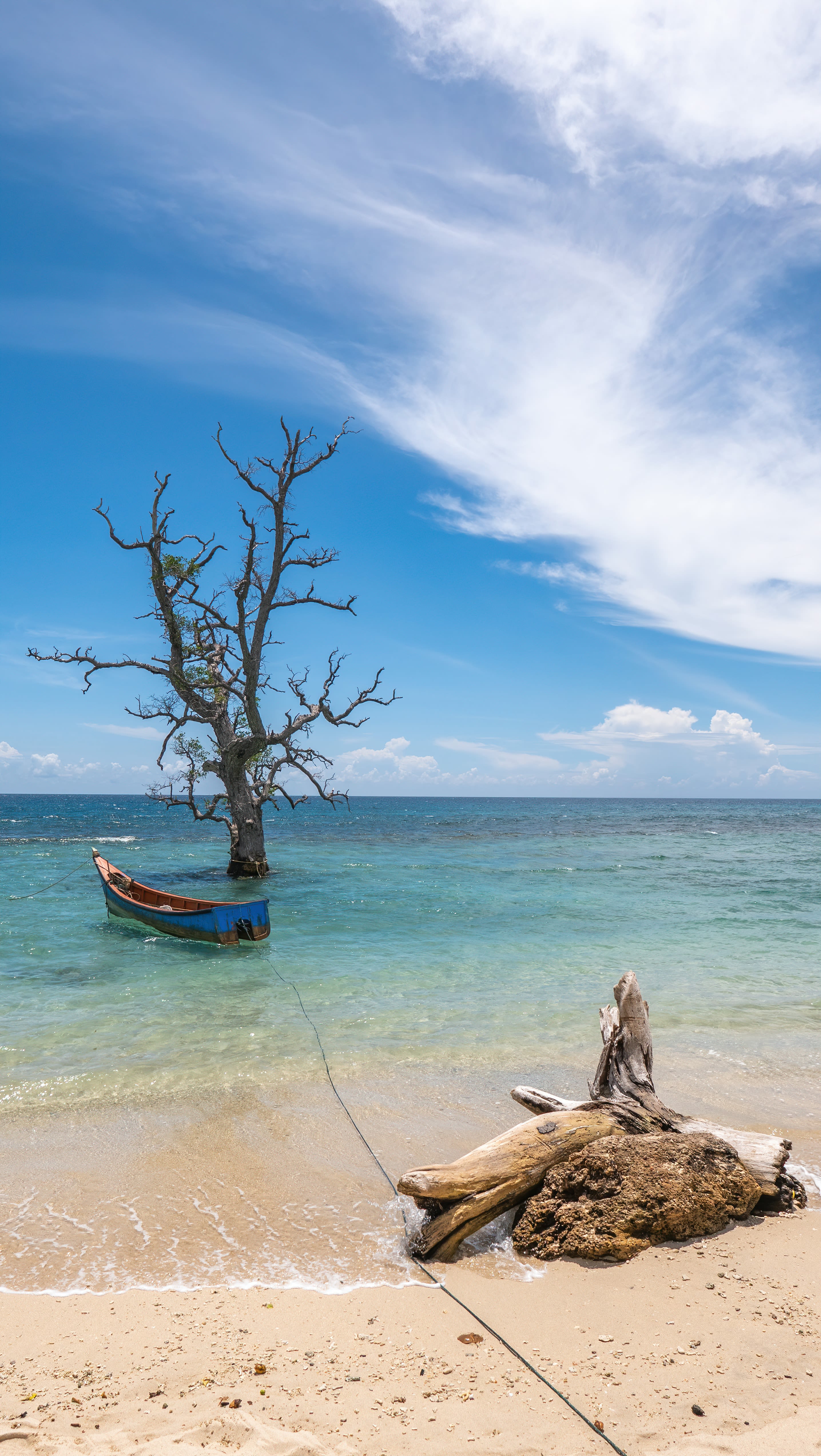
Photo by Sangga Rima Roman Selia on Unsplash
Engaging the community
What was clear from Comte’s research was that it was not only crucial to understand how people used groundwater, it was also essential to engage communities so that the people relying on the resource were best equipped to look after it.
Comte’s work in Kenya has supported the introduction of a new collaboration between the Water Resources Agency and a non-profit organisation called CORDIO, with the Aberdeen research helping the organisations to work together to involve communities in planning decisions, through community consultation. As well as this, the Aberdeen team have worked directly with private well owners, local water user representatives, schools and mosques, providing technical advice and guidance on safe groundwater practices.


Hydrogeological models in practice
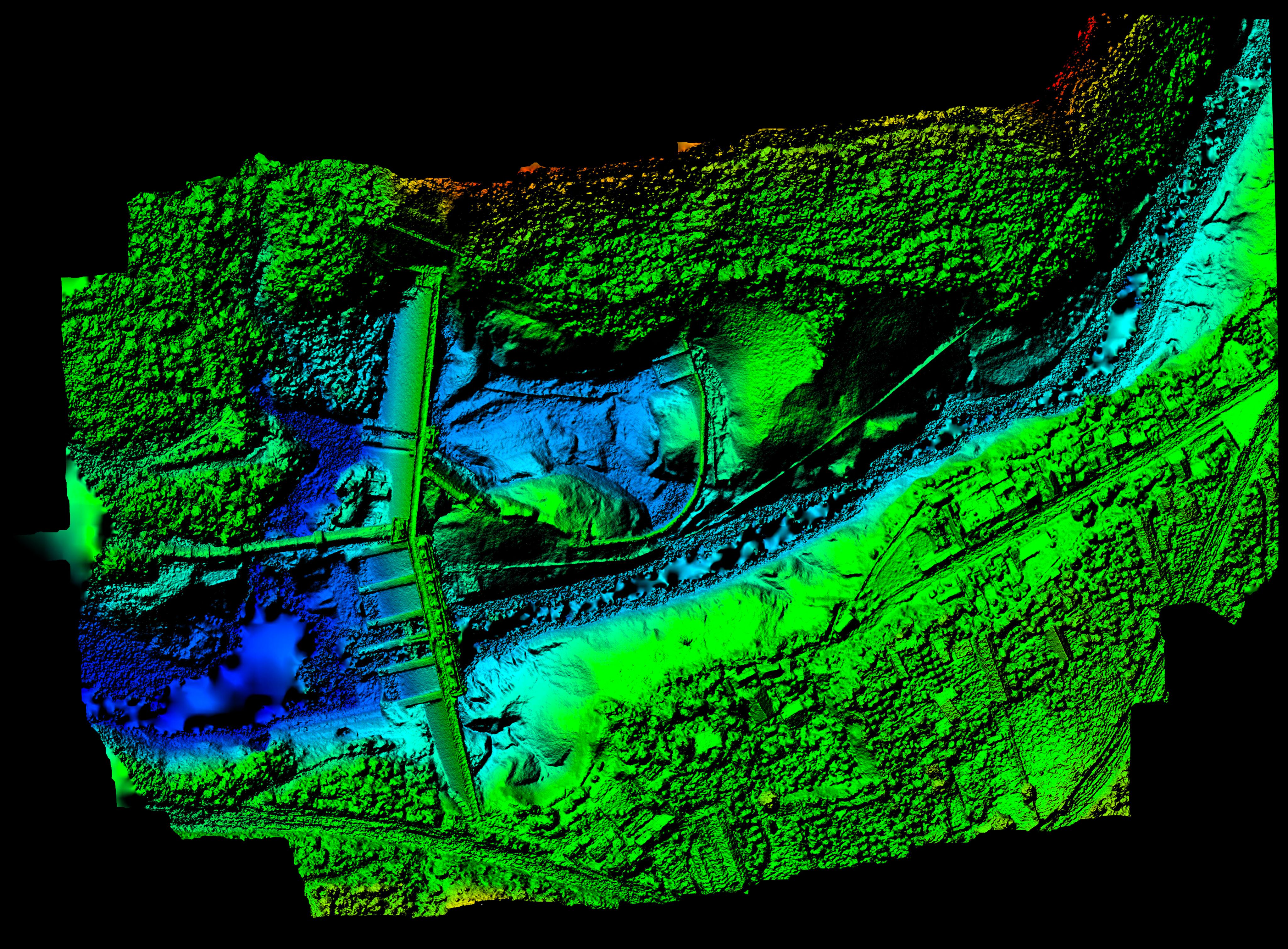
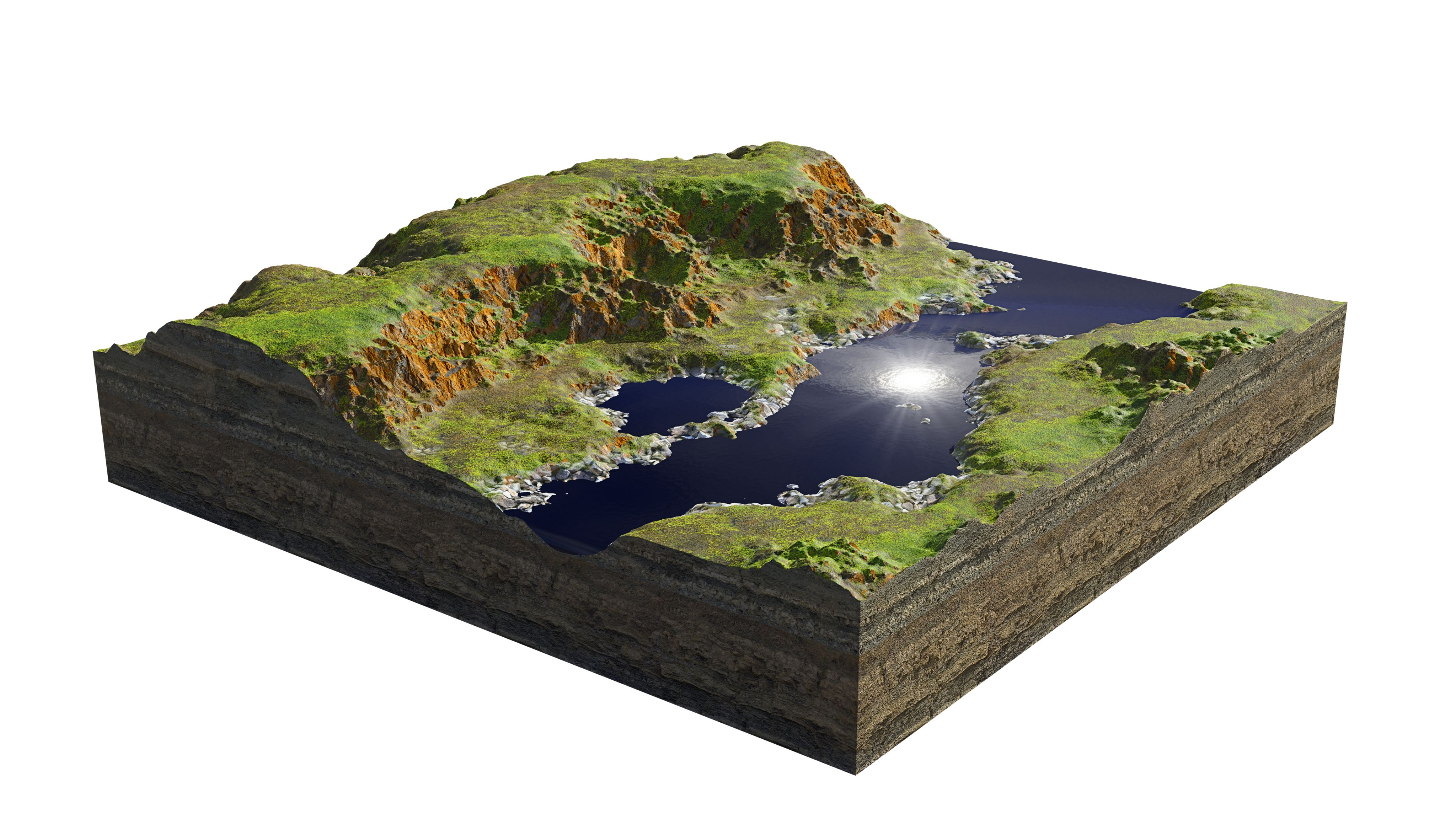
Comte’s team employs groundwater conceptual and numerical models to predict the effects that increasing demand will have on aquifer performance, taking into account factors such as storage capacity and maximum supply capacity over time – this is key to their engagement strategies with local stakeholders. Modelling ‘gets smarter’ with the number of scenarios they are applied to and can be used to produce reliable data to facilitate planning for the long-term management scenarios for sustainable, equitable use of groundwater, whilst mitigating against emerging risk. In this way, groundwater models have valuable application to a wide range of scenarios.
As part of the research undertaken in Kenya, numerical models were applied to assess the long-term impact on groundwater reserves of the ongoing rapid growth of groundwater boreholes in Nairobi region, and further advise the Water Authority on the regulation of borehole drilling and abstraction rates, as well as on the development of an appropriate groundwater monitoring network. More recently, numerical models have been employed to assess water demand in the Rohingya refugee camp in Bangladesh to ensure provision of sustainable and safe water supply during the covid-19 pandemic and beyond.
Impacts
- Comte’s research has been used by the German Federal Ministry of Economic Cooperation and Development to create a new guideline for groundwater management in coastal zones. Germany supports partner countries to better manage their water resources.
- Water management policies in Kenya have been changed as a direct result of the Aberdeen research, creating a stronger focus on managing groundwater resources sustainably.
- Comte’s expertise has informed a major UN-funded project in the Comoros Islands, directly benefiting 450,000 people and reducing the risk of failed boreholes.
- The Water Resources Authority in Kenya has built capacity and knowledge within its team, enabling improvements in groundwater resources modelling and assessment, contributing to better water management.
- By working directly with not-for-profit organisations and with communities, the Aberdeen researchers have been able to share their knowledge, build understanding and encourage a more sustainable approach to groundwater management.
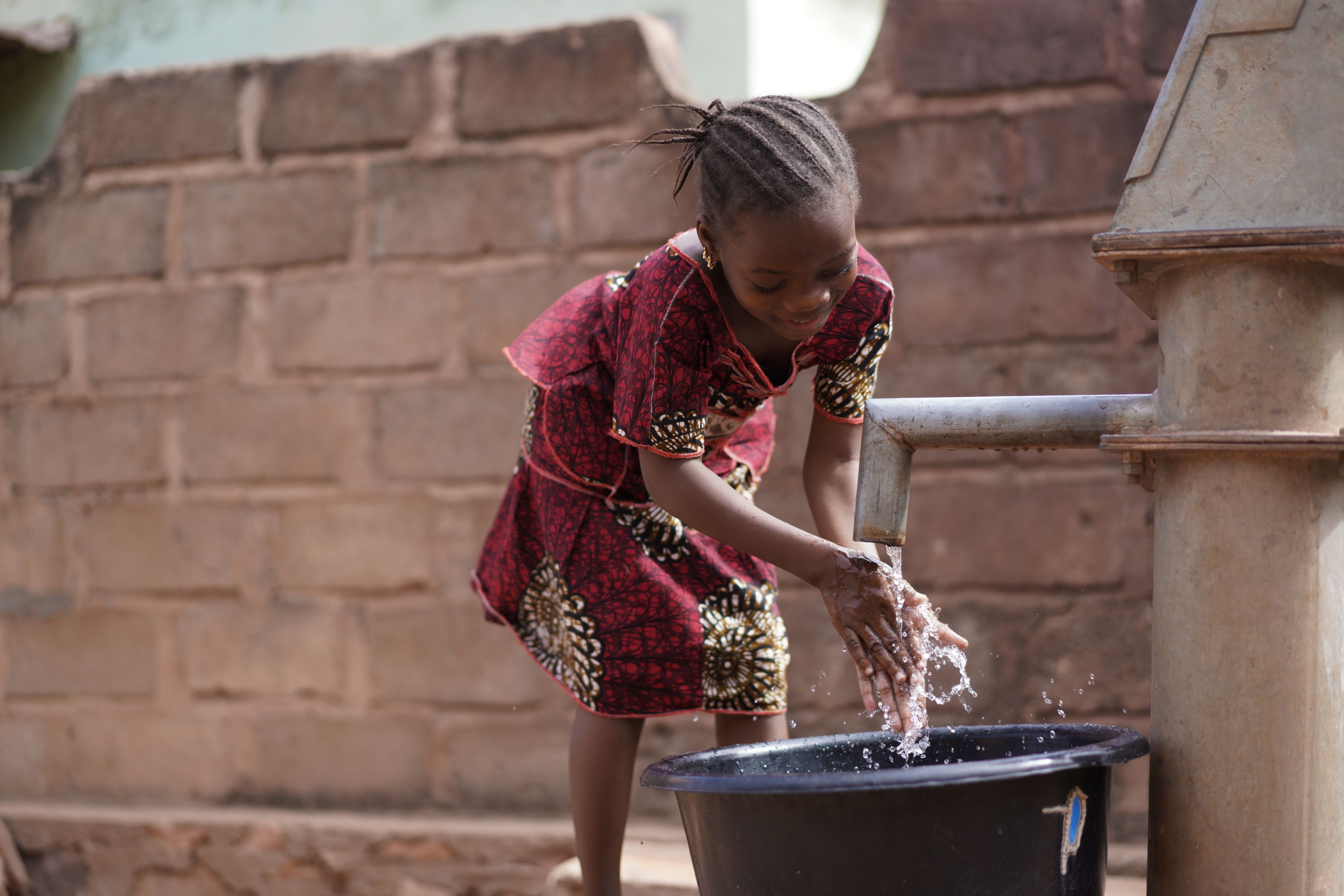
Publications


